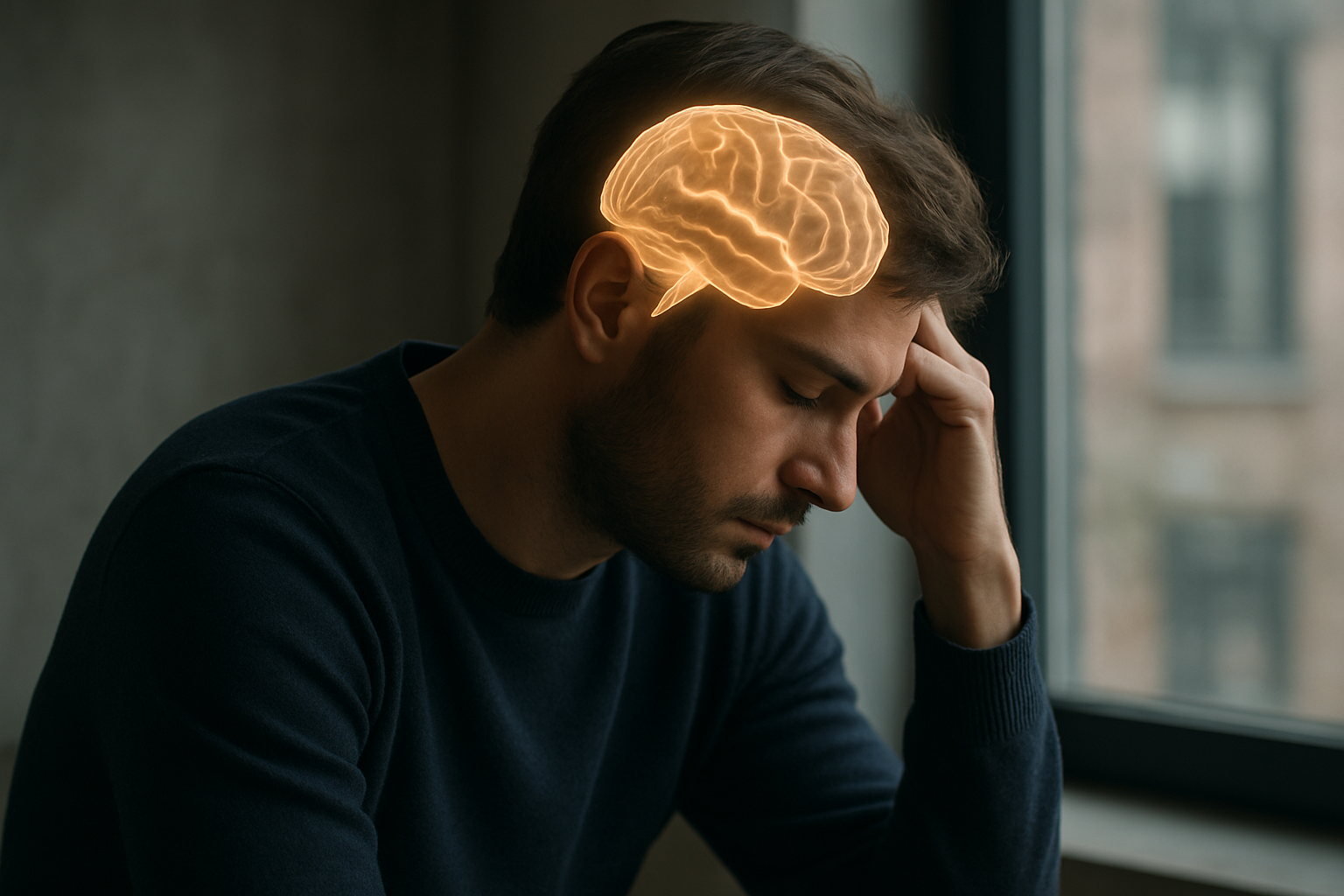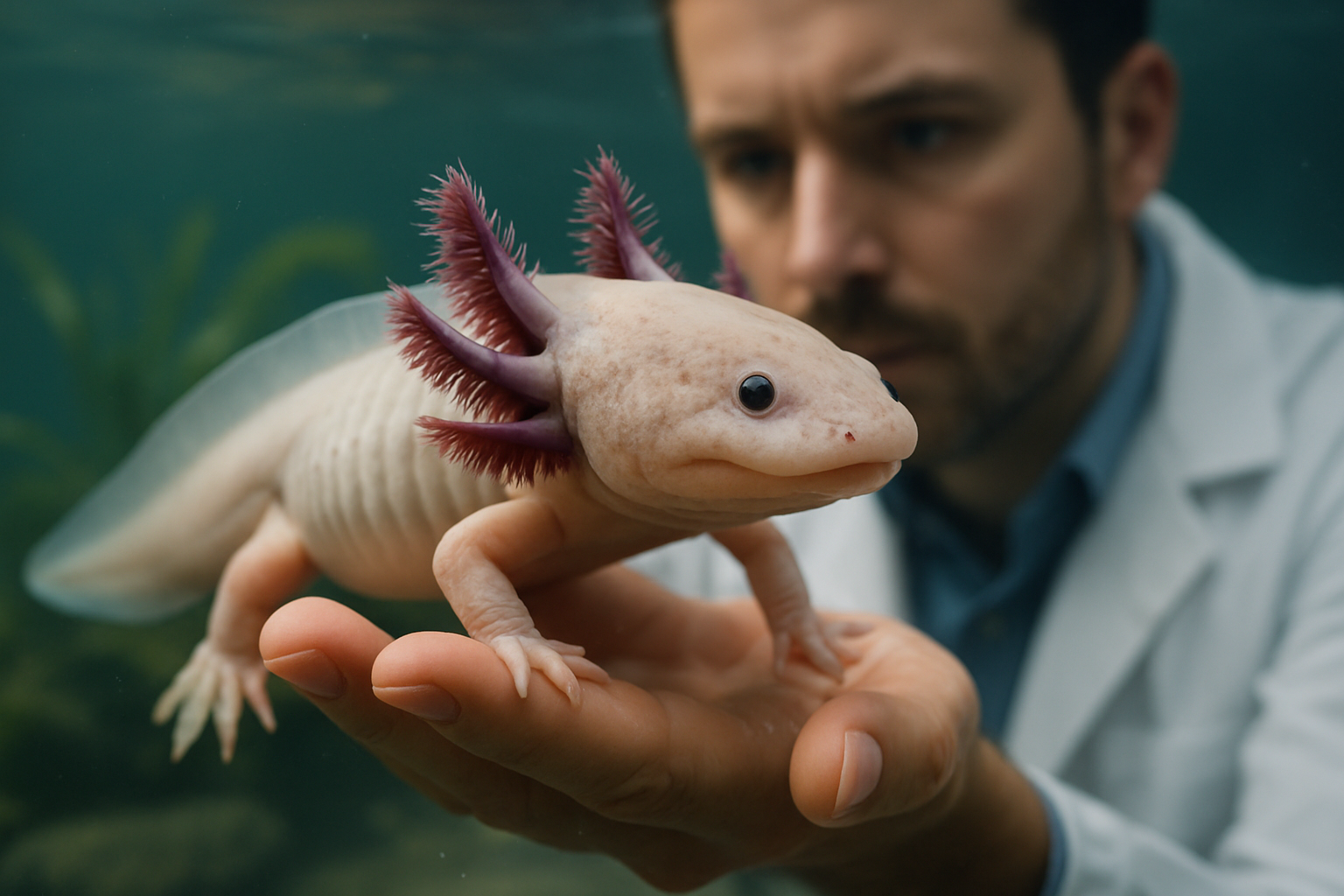Anxiety: Navigating the Modern Epidemic
Anxiety, once a whispered concern, has become a defining feature of modern life. This pervasive mental health challenge affects millions worldwide, transcending age, gender, and cultural boundaries. As our world grows increasingly complex and fast-paced, anxiety disorders have surged to the forefront of medical and societal concerns. The World Health Organization reports that anxiety disorders are the most common mental health disorders globally, impacting an estimated 264 million people. Despite its prevalence, anxiety remains widely misunderstood, often dismissed as mere worry or stress. However, the reality is far more nuanced and impactful, with anxiety capable of severely disrupting daily life, relationships, and overall well-being.

Sigmund Freud’s work on neuroses in the early 1900s laid much of the groundwork for our modern understanding of anxiety disorders. He proposed that anxiety was a result of repressed unconscious conflicts, a theory that dominated psychiatric thought for decades. As the field of psychology evolved, so did the conceptualization of anxiety. The advent of behaviorism in the mid-20th century shifted focus to learned responses and environmental factors, while cognitive psychology later emphasized the role of thought patterns in anxiety disorders.
The introduction of the Diagnostic and Statistical Manual of Mental Disorders (DSM) in 1952 marked a significant milestone in the clinical approach to anxiety. With each subsequent edition, the classification and diagnostic criteria for anxiety disorders have been refined, reflecting advancements in research and clinical practice.
The Neurobiology of Anxiety
Recent advances in neuroscience have shed light on the complex biological underpinnings of anxiety. Neuroimaging studies have revealed that individuals with anxiety disorders often exhibit heightened activity in the amygdala, a region of the brain associated with fear and emotional processing. This hyperactivity is thought to contribute to the exaggerated fear responses characteristic of anxiety disorders.
The neurotransmitter systems implicated in anxiety include gamma-aminobutyric acid (GABA), serotonin, and norepinephrine. GABA, the primary inhibitory neurotransmitter in the brain, plays a crucial role in regulating anxiety. Medications that enhance GABA activity, such as benzodiazepines, are commonly used to treat acute anxiety symptoms. Serotonin, often associated with mood regulation, is another key player. Many antidepressants used to treat anxiety disorders work by modulating serotonin levels in the brain.
Researchers have also identified genetic factors that may predispose individuals to anxiety disorders. While no single “anxiety gene” has been found, studies suggest that a combination of genetic variations, along with environmental factors, contribute to an individual’s susceptibility to developing anxiety disorders.
The Environmental Factors Fueling Modern Anxiety
While the biological basis of anxiety is important, environmental factors play a significant role in the current anxiety epidemic. The rapid pace of technological advancement and societal change has created a perfect storm for anxiety to flourish.
Social media, while offering unprecedented connectivity, has also introduced new sources of stress and comparison. The constant exposure to curated versions of others’ lives can fuel feelings of inadequacy and fear of missing out (FOMO). Moreover, the 24/7 news cycle and instant access to global information can overwhelm individuals with a constant stream of potentially anxiety-inducing content.
Economic instability and job insecurity in many parts of the world contribute to chronic stress and anxiety. The gig economy, while offering flexibility, often comes with financial uncertainty that can exacerbate anxiety symptoms. Climate change and environmental concerns add another layer of existential anxiety, particularly among younger generations.
The COVID-19 pandemic has further amplified anxiety on a global scale. Fear of infection, social isolation, and economic uncertainty have led to a surge in anxiety and related mental health issues. This global crisis has highlighted the need for robust mental health support systems and innovative approaches to managing anxiety in times of widespread distress.
Innovative Approaches to Anxiety Management
As our understanding of anxiety evolves, so do the strategies for managing and treating it. While traditional approaches like cognitive-behavioral therapy (CBT) and medication remain cornerstone treatments, innovative methods are emerging to complement these established practices.
Mindfulness-based interventions have gained significant traction in recent years. Practices such as mindfulness meditation and mindfulness-based stress reduction (MBSR) have shown promising results in reducing anxiety symptoms. These approaches focus on cultivating present-moment awareness and non-judgmental acceptance of thoughts and emotions, skills that can be particularly beneficial for managing anxiety.
Technology is also being harnessed to address anxiety. Virtual reality exposure therapy (VRET) allows individuals to confront anxiety-provoking situations in a controlled, virtual environment. This approach has shown efficacy in treating specific phobias and social anxiety disorder. Mobile apps offering guided meditations, cognitive restructuring exercises, and mood tracking are making anxiety management tools more accessible to the general public.
Neurofeedback, a type of biofeedback that provides real-time information about brain activity, is another emerging treatment for anxiety disorders. By learning to modulate their brain activity, individuals may be able to gain greater control over anxiety symptoms.
The Role of Lifestyle in Anxiety Prevention
While treatment options for anxiety continue to advance, there’s growing recognition of the importance of lifestyle factors in preventing and managing anxiety disorders. Regular physical exercise has been consistently shown to reduce anxiety symptoms, likely through a combination of physiological and psychological mechanisms. Even moderate activity, such as a daily 30-minute walk, can have significant benefits for mental health.
Diet also plays a crucial role in anxiety management. Research has identified links between gut health and mental health, leading to increased interest in the potential of probiotics and prebiotics in anxiety prevention. A balanced diet rich in omega-3 fatty acids, complex carbohydrates, and antioxidants may help support overall brain health and resilience to stress.
Sleep hygiene is another critical factor. Chronic sleep deprivation can exacerbate anxiety symptoms, creating a vicious cycle. Establishing consistent sleep patterns and creating a relaxing bedtime routine can significantly improve both sleep quality and anxiety levels.
Social connections and community involvement have protective effects against anxiety. Fostering strong relationships and engaging in meaningful social activities can provide emotional support and a sense of belonging, both of which are crucial for mental well-being.
The Future of Anxiety Research and Treatment
As we look to the future, several promising avenues of research may revolutionize our approach to anxiety disorders. Advances in genetic research may lead to more personalized treatment strategies, allowing clinicians to tailor interventions based on an individual’s genetic profile.
The field of psychedelics research is experiencing a renaissance, with substances like psilocybin showing potential in treating anxiety disorders, particularly in end-of-life care settings. While research is still in early stages, initial results suggest that psychedelic-assisted therapy could offer new hope for individuals with treatment-resistant anxiety.
Artificial intelligence and machine learning are being applied to mental health, with the potential to improve diagnosis, predict treatment outcomes, and even deliver personalized therapeutic interventions. AI-powered chatbots and virtual therapists are already being developed and tested, offering the possibility of round-the-clock support for individuals with anxiety.
As our world continues to evolve, so too will the nature of anxiety and our approaches to managing it. By embracing a holistic view that considers biological, psychological, and societal factors, we can work towards a future where anxiety is better understood, more effectively treated, and perhaps even prevented. The journey to unravel the complexities of anxiety is ongoing, but with each step, we move closer to empowering individuals to lead lives less constrained by this pervasive condition.




